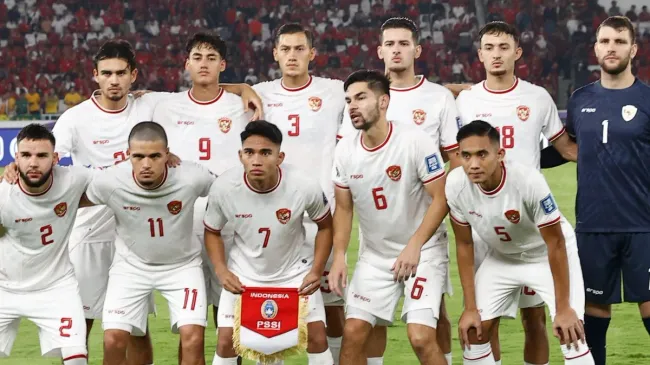In world soccer, measurement doesn’t all the time translate to success. Some nations boast hundreds of thousands, even billions, of individuals, but have by no means seen their flag fly on the FIFA World Cup. It’s a paradox that continues to fascinate followers and frustrate gamers: how can nations with such huge populations, sources, and sporting ardour regularly fall in need of qualification?
Regardless of getting access to monumental expertise swimming pools, among the most populated nations on the earth have by no means participated within the World Cup. From Asia to Africa, the story is one among potential unfulfilled — a reminder that in soccer, infrastructure and technique usually outweigh numbers.
With 211 FIFA member nations, qualifying for essentially the most prized worldwide competitors is the last word sporting check. Each 4 years, soccer’s elite battle for a restricted variety of spots — and whereas smaller nations akin to Cape Verde and Uzbekistan have damaged by way of for the primary time forward of the 2026 version, a number of world giants stay on the sidelines.
The explanations are advanced. In some instances, different sports activities dominate the tradition; in others, administrative mismanagement or lack of funding has crippled progress. Political instability and inconsistent teaching have additionally derailed long-term tasks.

FIFA president Gianni Infantino

see additionally
Unbelievable FIFA World Cup truth you’ll have to learn twice: 4 of 5 giants gained’t be current at 2026 version
The most important nations but to qualify for FIFA World Cup
Beneath is the total record displaying how these nations, regardless of monumental populations, stay absent from soccer’s largest stage.
| Rank | Nation | Inhabitants (2025 est.) | Qualification Report / Notes |
| 1. | India | 1.46 billion | Reached the 1950 finals however withdrew; has by no means certified since. Cricket stays dominant. |
| 2. | Pakistan | 255 million | By no means ranked greater than 141st; soccer trails behind cricket. |
| 3. | Bangladesh | 175 million | Didn’t try qualification till 1974; passionate followers, however restricted infrastructure. |
| 4. | Indonesia | 278 million | The Dutch East Indies featured in 1938; fashionable Indonesia has by no means certified. |
| 5. | Ethiopia | 135 million | Reached 2014 African play-offs; one among Africa’s soccer pioneers. |
| 6.. | Philippines | 117 million | Ranked 143rd in 2025; soccer’s progress slowed by basketball’s recognition. |
| 7. | Vietnam | 101 million | Superior to Asia’s third qualifying spherical in 2022; nonetheless in need of World Cup stage. |
| 8. | Thailand | 71.6 million | Twice reached Asia’s closing qualifying spherical; ranked one hundred and first globally. |
| 9. | Tanzania | 70.5 million | Early exits in CAF qualification; rising soccer nation. |
| 10. | Kenya | 57.5 million | Lengthy-standing potential hindered by FIFA suspensions and governance points. |
Story of missed probabilities
Among the many group, India’s story stands out essentially the most. As soon as set to debut on the 1950 World Cup in Brazil, the nation withdrew earlier than the event started. However, Indonesia, the fourth-most populous nation on Earth, got here closest to creating historical past in 1938, although technically because the Dutch East Indies, a colonial state. They misplaced 6-0 to Hungary of their solely look beneath that identify and haven’t returned since.

Indonesia crew pose for {photograph}
For Pakistan, soccer has all the time been overshadowed by cricket, whereas Bangladesh, regardless of a deep love for Argentina and Brazil, has by no means constructed a sustainable soccer construction. In the meantime, Ethiopia’s absence is one among African soccer’s nice mysteries. A founding member of the African Cup of Nations and a former champion, the nation has not managed to transform its regional success into World Cup qualification.
Why do they nonetheless battle?
Specialists level to three recurring elements:
- Funding gaps — many federations lack constant funding for grassroots and infrastructure.
- Administrative instability — management adjustments disrupt long-term planning.
- Cultural priorities — in nations like India and Pakistan, cricket eclipses all different sports activities.
Regardless of FIFA’s growth to 48 groups for 2026, which theoretically opens extra pathways, qualifying stays brutally aggressive, particularly in Asia and Africa, the place lots of of groups chase a handful of spots.



